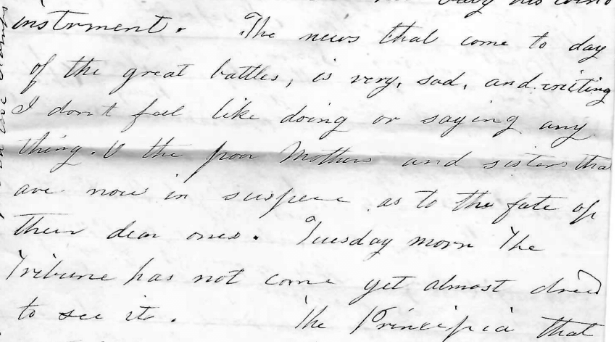“The Brooklyn sanitary fair was a magnificent affair.”
Lavinia Goodell, March 10, 1864
In 1864, Lavinia Goodell was living in Brooklyn with her parents and working with her father in editing the Principia anti-slavery newspaper. In her spare time, Lavinia enjoyed taking in cultural events and expositions. In March of 1864, along with thousands of other people, she visited the Brooklyn sanitary fair.

During the Civil War, sanitary fairs were held to raise money for the war effort in major cities in the Northeast. (Read more about them here.) The fairs combined entertainment, education, and philanthropy. Although the United States Sanitary Commission was headed by men, most of its work was accomplished by thousands of women volunteers. In Brooklyn, the hugely successful sanitary fair raised $400,000, well above the projected $100,000. The money was used for clothing, food, medical supplies, and other provisions for the Union Army.
Continue reading →















